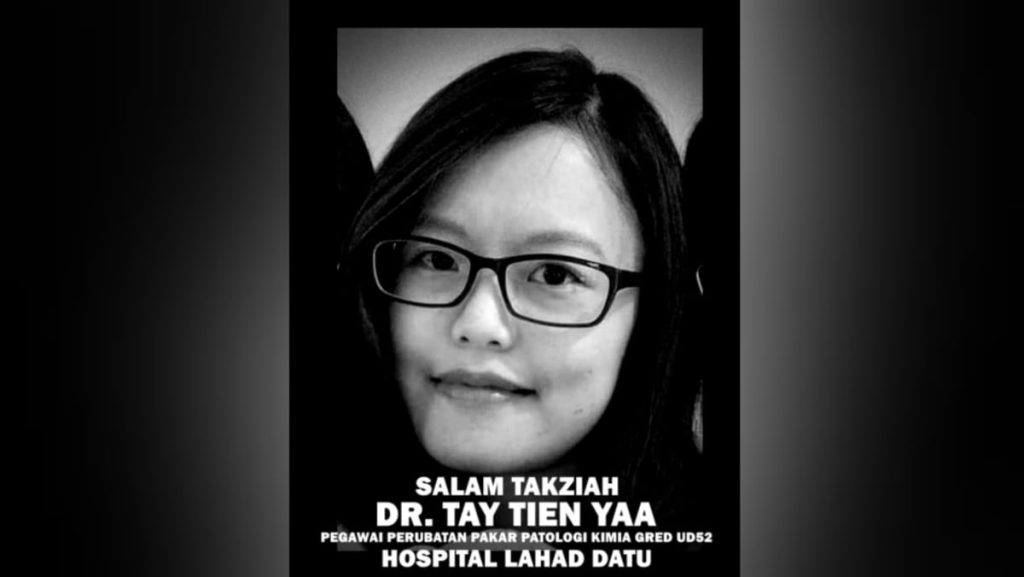The investigation into the tragic death of Dr. Tay, a young doctor who died by suicide in Sabah, Malaysia, concluded with a report presented by Health Minister Dzulkefly Ahmad. The report, compiled by an independent task force led by former Public Service director-general Borhan Dolah, determined that while Dr. Tay experienced extreme work pressure, there was no evidence of bullying as alleged by some parties. This conclusion was based on interviews with nineteen individuals, including family members, colleagues, and hospital staff. The investigation meticulously scrutinized Dr. Tay’s assigned duties and responsibilities, finding that they aligned with her job description and scope of practice, without any undue burden or tasks outside her area of expertise.
The task force acknowledged the significant impact of Dr. Tay’s relocation from Kuala Lumpur Hospital to Lahad Datu Hospital in Sabah. Characterized as a “city girl,” Dr. Tay faced the challenges of adapting to a new and unfamiliar environment, both culturally and professionally. The report indicated that there was no record of Dr. Tay requesting a transfer back to West Malaysia or filing any appeals with the relevant authorities to remain in the peninsula. The stark contrast between the resources available at Kuala Lumpur Hospital and those at Lahad Datu Hospital likely exacerbated the pressures she faced in her new position. This transition, coupled with the inherent demands of her medical profession, appears to have contributed significantly to her emotional distress.
While the investigation ruled out bullying as a direct cause, it didn’t dismiss the emotional toll of work pressure on Dr. Tay’s mental health. The task force experts concluded that the alleged instances of bullying did not meet the formal definition, but rather represented the consequences of extreme workload and the strain of adapting to her new environment. This distinction highlights the complex interplay of factors that may have contributed to Dr. Tay’s tragic demise, emphasizing the need for a nuanced understanding of workplace stress and its impact on mental well-being.
The minister extended his condolences to Dr. Tay’s family and acknowledged the difficulty in accepting the report’s findings. Her brother, YS Tay, shared the news on social media, expressing the family’s receipt of the report after three months of investigation. The sentiment conveyed in his post hinted at the emotional weight of the situation and the family’s journey in processing the investigation’s outcome. This underscores the profound impact of the loss and the ongoing need for support and understanding for the grieving family.
In response to the investigation’s findings, the task force offered several recommendations to the health ministry aimed at improving the support system for healthcare professionals, particularly those stationed away from their homes. These recommendations underscore the need for better resources and support to facilitate their adaptation to new cultural settings and work environments. The emphasis on providing comprehensive support mechanisms reflects a growing awareness of the challenges faced by healthcare workers and the importance of mitigating the stress and isolation that can arise from such relocations.
Minister Dzulkefly affirmed his commitment to addressing workplace bullying within the healthcare system. The recommendations presented by the task force highlight a broader concern for the well-being of healthcare professionals and the need for a supportive and inclusive work environment. This commitment emphasizes the importance of ongoing efforts to identify and address factors contributing to workplace stress, ultimately aiming to create a healthier and more supportive environment for all healthcare workers.

